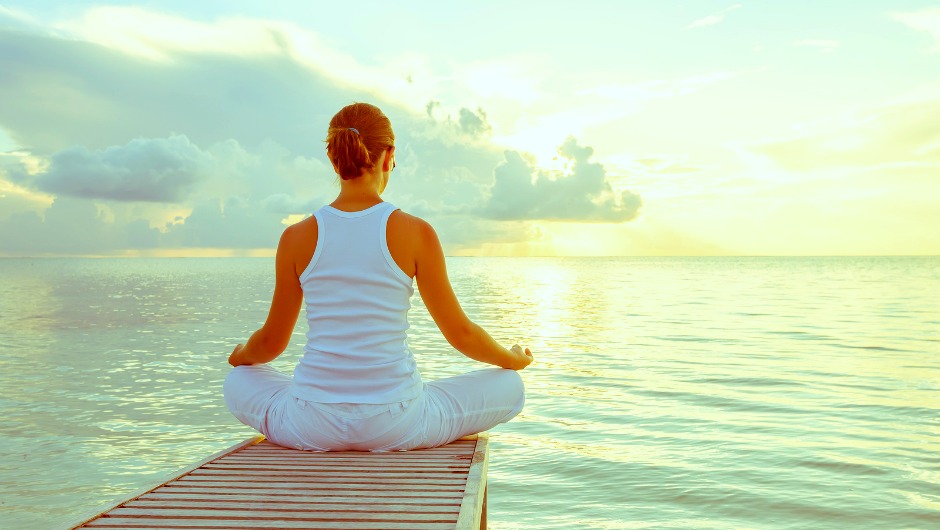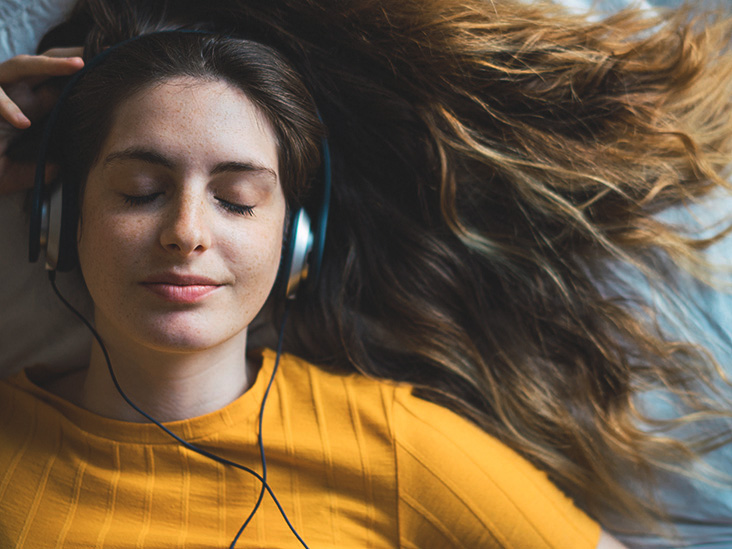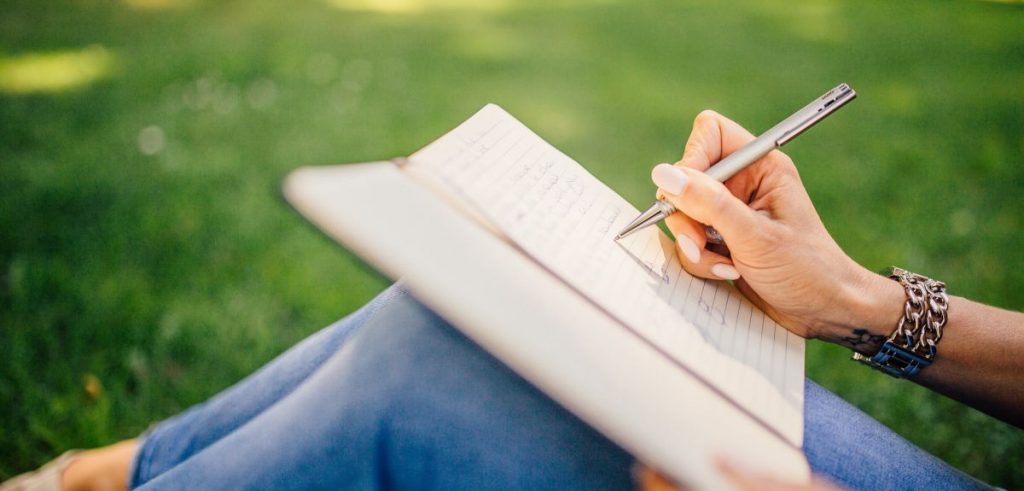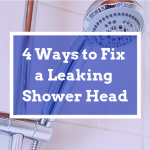Relaxation can entail more than just deep breathing. Stress, anxiety, and even anger can all be alleviated by relaxation. Relaxation can be accomplished in a variety of ways. For the best outcomes, several of these should be done on a daily basis. Self-monitoring or reducing feelings of powerful emotions can be quite beneficial in recovery, especially in the early stages. Here are some of the best ways to make relaxation a part of your recovery.
Contents
How to Make Relaxation a Part of Your Recovery
Meditate

Meditation is a technique for deeply relaxing your body while keeping your mind attentive while also focussing your thoughts in a way that allows it to unwind. Mindfulness meditation, in particular, can help you figure out what kinds of ideas make you tense and where that tension manifests in your body.
This makes you more aware of when tension arises in your daily life, whether it’s due to moods, sensations, cravings, or other stressors.
Breath deeply
This strategy may be more useful when you need to get rid of a strong emotion. Breathe in through your nose while slowly counting to four as a basic deep breathing exercise. Hold your breath for four counts. Then, to a slow count of four, exhale slowly through your mouth.
After a few repetitions, you should notice a reduction in tension in your body. The best aspect is that you can do it anyplace you feel the urge to unwind.
Listen to calming music

This is one of the ways to make relaxation a part of your recovery. Make sure you have a soothing soundtrack on hand and that it is easily available when you need it. Choose something peaceful — like piano – instead of hard rock. Perhaps you’ll need to listen to it on your way home from work to unwind from the day’s events. Perhaps you listen to music while getting ready in the morning to get your day started. Make sure it’s ready to go whenever you need it.
Exercise
You might not think of exercise as a natural method to unwind. It’s the polar opposite of relaxing in many ways. Exercise, on the other hand, is one of the best things you can do on a daily basis if you want to relax thoroughly. For one thing, it encourages the release of endorphins and serotonin, both of which help you relax and boost your mood—a huge aid in the early stages of recovery.
Exercise increases the prefrontal cortex and hippocampus, two parts of the brain that are critical for controlling emotions, especially anxiety. Regular exercise allows you to sleep deeper, allowing your body and mind to recoup from the stresses of the day while also fending off a variety of health and cognitive issues.
Create routine

Routines assist you avoid overplanning or underplanning. Overplanning can lead to anxiety. Boredom might stem from a lack of planning. Both are relapse triggers that should be avoided. Routines and structure are also necessary for achieving daily and life goals.
Socialize
Spending time with people we enjoy is a great way to unwind. This is beneficial for a variety of reasons. It relieves stress by releasing endorphins such as oxytocin, the “love hormone.” Talking to individuals we care about might help us forget about our worries and provide reassurance.
Having dependable pals makes you feel better about your troubles since you know there are individuals who are willing to assist you. Even if you never need assistance, knowing that it is available is reassuring.
Write journal

This is one of the ways to make relaxation a part of your recovery. You may not always feel comfortable sharing all of your sentiments with another person. Write down any cravings, worries, or even accomplishments you have. Don’t keep things pent up inside you; let them out.
Progressively relax
You can utilize a variety of strategies to relieve muscle tension more successfully than simply “trying” to relax. These are usually classified as progressive relaxation techniques. Concentrate on one body area at a time and allow it to completely relax. Some people begin with their brain, while others begin with their feet. What important is that you find what works best for you. Tense that region of your body for a few seconds, then completely relax and feel the muscles drain or dissolve.





